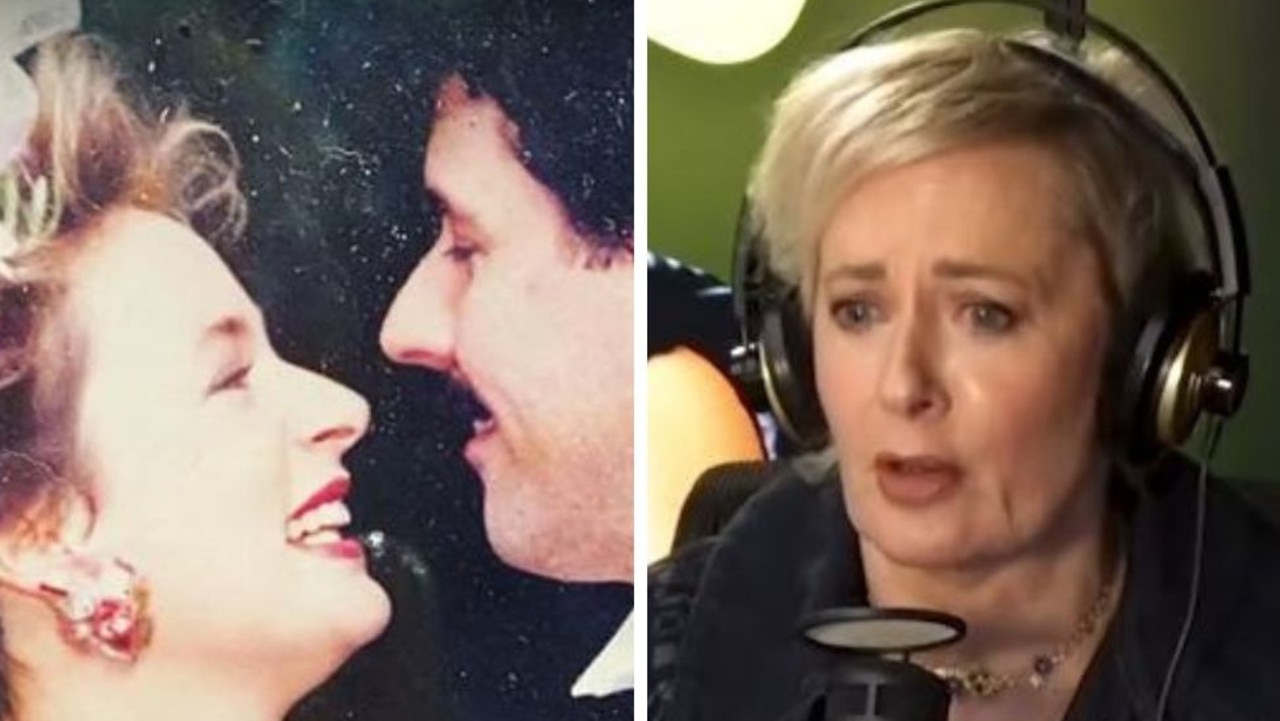Serial podcast reopens case of murdered high-school student Hae Min Lee
A POPULAR high school student is found in a shallow grave. Her boyfriend is jailed for her murder. Why is the world now obsessed with this case 15 years later?
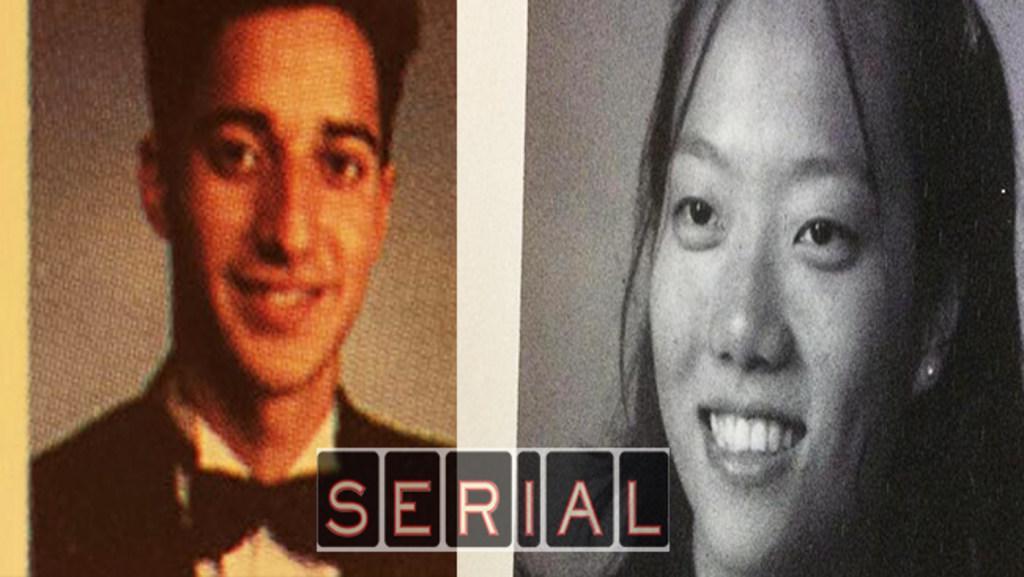
IT has all the elements of a Hollywood thriller or an SVU episode: there’s murder; there’s mystery; and there’s plenty of history — but it’s a podcast, and the murder is real.
Consider this a spoiler alert. Because if you’re not listening to Serial yet, you will surely hear about it soon. And then you’ll be hooked like everyone else.
The show is a phenomenon around the world right now. It has been the most downloaded podcast in iTunes for the past few weeks, and has been hailed by analysts at Harvard for bringing podcasts into the mainstream.
The premise is simple enough: host and co-producer, Sarah Koenig has essentially reopened a 15-year-old American murder case, in which a 17-year-old Baltimore County student, Hae Min Lee, was strangled to death.
Police believe Lee was murdered some time between 2.15pm and 2.36pm on January 19, 1999.
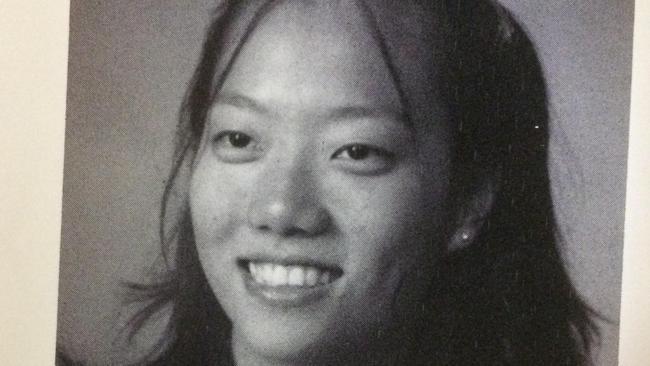
It is known that Lee vanished from Baltimore’s Woodlawn High School on that fateful Tuesday afternoon, and that her body was found a month later in a shallow grave at a nearby park. Lee’s ex-boyfriend, Adnan Syed, also 17, who broke up with her about a month before her death, was eventually convicted for the murder and sentenced to life in prison, where he has been ever since.
Lee and Syed were both in their final year of high school. Both were gifted students, talented athletes and well-liked among their peers and teachers. Syed’s arrest and conviction came as a shock to everyone around him.
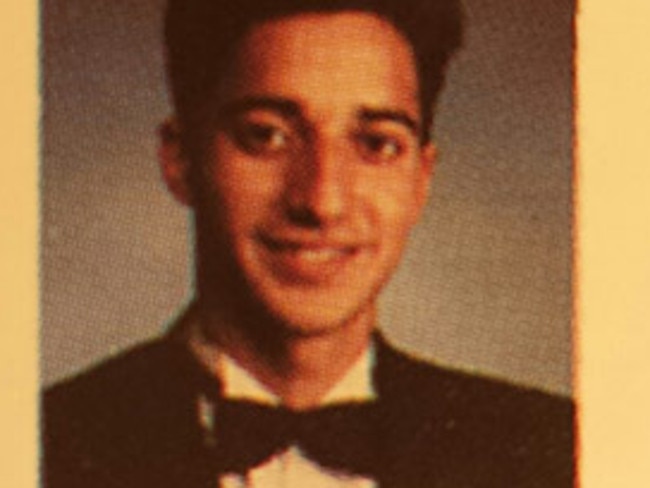
The first episode of Serial starts off with a bang: listeners are told that a witnesses with a potential alibi for Syed was never contacted by Syed’s lawyer, who we find out was eventually disbarred for a separate reason. The witness, a woman called Asia, wrote a letter to Syed after he was arrested, saying that she remembered talking to him in the library on the afternoon that Lee disappeared.
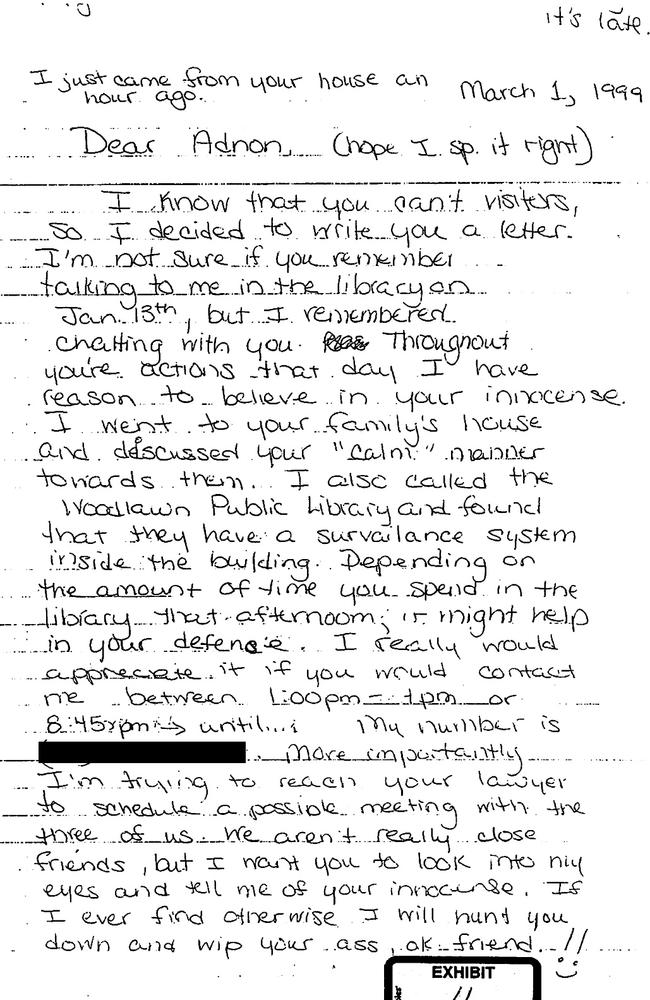
First intended for an episode of This American Life — an hour-long radio show that broadcasts stories, either real or imagined, which are also available in podcast form — Koenig decided to pitch the 15-year-old Baltimore case as a spin-off podcast, Serial, after a friend of the accused, Adnan Syed, contacted her for help.
In an interview with Rolling Stone magazine, Koenig explains that she learnt about Adnan Syed’s story well before she decided to crack open the case. “A friend of the Syed family … came to me because I had written about this attorney who had been disbarred — the same lawyer who represented Adnan. The notion was that his defence had screwed up the case, and would I look into this?”
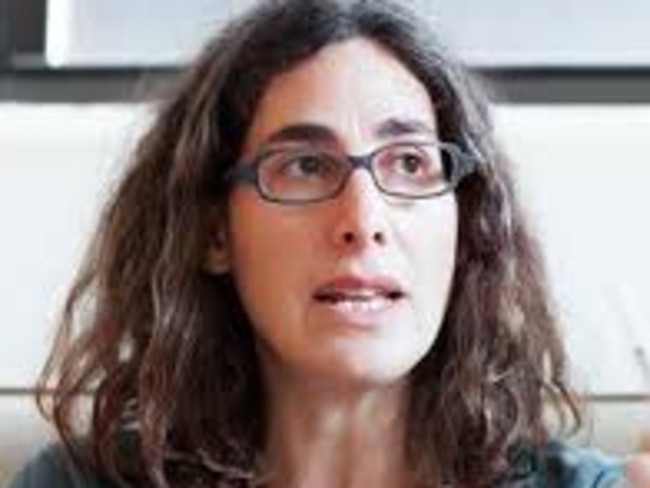
And now, more than a month since the first episode aired on October 3, it seems that Koenig is not the only one searching for answers. A self-described amateur — “I’m not a detective, or an investigator; I’m not even a crime reporter” — Koenig’s clever storytelling has already drawn millions into the titillating world of murder, inspiring scores of amateur sleuths to discover what really happened to Hae Min Lee.
It’s the number 1 podcast in the iTunes store and has inspired countless communities of internet sleuths to form, trying to crack the case in endless Reddit threads and Twitter conversations.
There are pages dedicated to solving the case, including lists of all characters involved and an analysis of their police statements.
The podcast’s core question, and the mystery that’s baffling its listeners: Did Syed really do it?
Tv is off there is a new kid on the block... #Serial is a real life crime case broken down in each podcast. Addictive..totally addictive!
— Emma Cathcart (@Emma_Cathcart) November 16, 2014Can't wait to wake up to a new episode of @serial
— Jennifer Raimo (@jennyraimo) November 13, 2014While discussing the innocence of Syed, one Reddit user writes: “As much as I want Adnan to be innocent, framed, a hero, each episode has been putting a dent on his apparent ‘nice guy’ image for me.”
Professor Jeremy Gans from the University of Melbourne Law School told News Corp Australia Serial is a fascinating commentary on the US legal system, and is part of the country’s longstanding, investigative reporting culture.
“Not only does Serial tell a story, but it also brings a fresh look to the question of guilt and innocence,” he says.
Professor Gans says the Serial podcasts could be likened to the Innocence Project, an American organisation dedicated to “exonerating wrongfully convicted individuals through DNA testing and reforming the criminal justice system”. The Innocence Project even features in a recent episode of Serial.
It would be difficult to make an Australian version of Serial, Professor Gans says, because of the secrecy surrounding the Australian legal system.
“Access to documents here is not readily available, unless you can convince the parties — so the defence, prosecution or court — to release them.
“Secondly, Australian media have many restrictions placed upon them in terms of court cases which do not exist in the US.”
And despite thinking Serial a “fantastic idea”, Professor Gans says social media’s obsession with the program — and in solving the case — could lead to vigilantism.
“It’s like the time Reddit people got out and tried to work out who the Boston bomber was, and got it wrong,” he says.
“So there’s that, but that’s a social media problem — it happened without any journalists involved, just people chit-chatting about the case”.
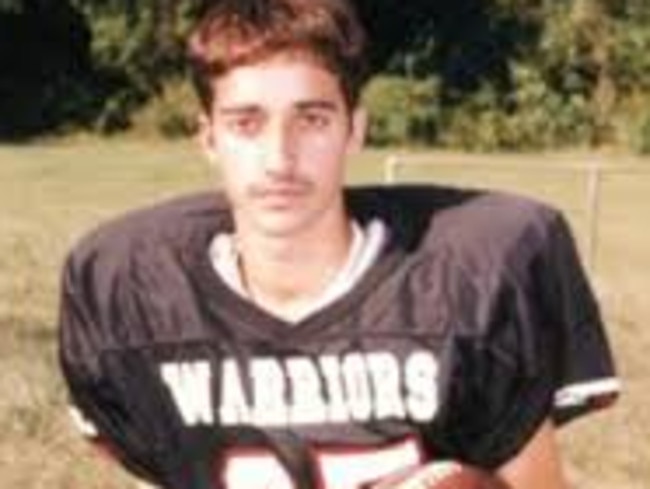
Koenig and co-producer Julie Snyder haven’t yet made all the episodes, and they’re not sure how many there will be. Snyder who has been as close as Koenig to this investigation, is no closer to making up her mind about Syed.
“Oh, I don’t give an answer to that. You’re trying to ask me if I think Adnan did it really, honestly don’t know. I don’t know.”
Neither does Koenig.
“I don’t have a particular ending in mind, like: ‘Well, I hope we bust him out of jail’,” she told the Rolling Stone magazine. “It’s not even so much that I have a legal verdict in mind; it’s more like how I would want to feel after reading a book … that sensation of thinking: ‘Wow, I got so deep inside this thing, and I learnt everything I could about it — there’s a satisfaction to that’.”

